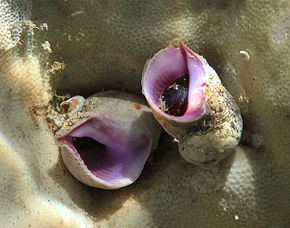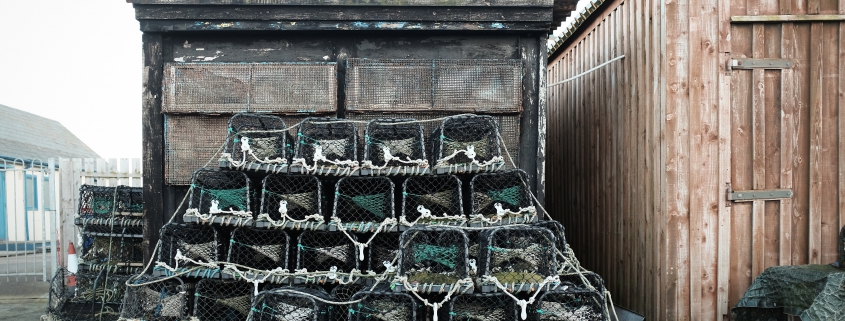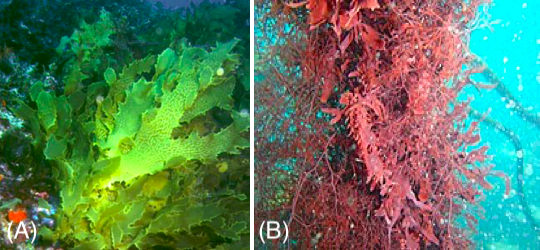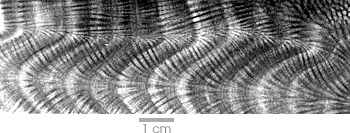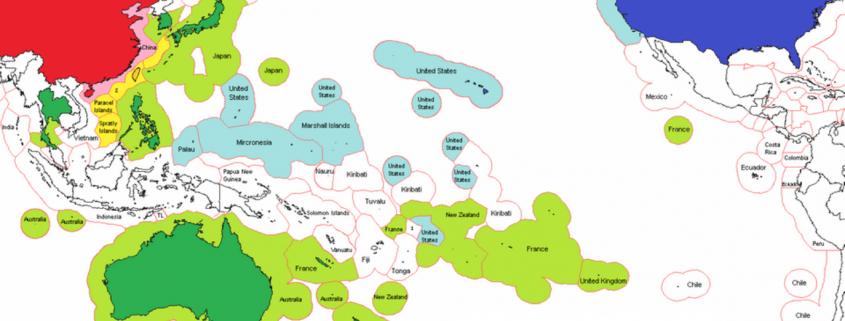Small Gastropods Have A Larger Impact on Corals Than Expected
By Delaney Reynolds, SRC intern Logically, one might think that as a population of predators increases, the population of its prey decreases. This has been found to hold true for all species, including corals and their predators (corallivores). Larger, more recognizable corallivores, such as the crown-of-thorn sea star and horn drupe snail, can very negatively […]
Acoustic Telemetry Analysis of California Gamefish Reveals the Functional Performance of the Wheeler North Artificial Reef
By Chelsea Black, SRC MS Student Submerged structures such as ships, steel frames, or boulders placed on the seafloor deliberately to mimic attributes of a natural habitat are known as artificial reefs (ARs). Since the development of the National Fishing Enhancement Act of 1984, most AR construction in the United States has been focused on […]
Climate vulnerability and resilience in the most valuable North American fishery
By Chris Schenker, SRC intern Lobster could be considered one of the most important U.S. fisheries, comprising over $1.5 billion in landed value between the U.S. and Canada in 2015. However, lobster harvests are susceptible to fluctuations in water temperature caused by global climate change. Recent warming of the northwest Atlantic coupled with different fisheries […]
The Role of Macroalgae in the Ecosystem
By Haley Kilgour, SRC intern Seaweeds are well-known to be important primary producers in coastal waters, but they may potentially also play a role in providing refuge from ocean acidification. Macroalgaes such as Laminariales and Fucales, both of which are brown algaes, are ecosystem engineers that influence factors such as water velocity, light penetration, and […]
Fading Corals: The Effect of Anthropogenic Climate Change on Coral Reefs
By Konnor Payne, SRC intern Due to the dramatic ecological changes caused by humans to the Earth, a new period has been named after humans called the Anthropocene. In the Anthropocene, it appears, the next change is to the Earth’s coral reefs. The number one cause of stony coral (Reef-building coral) loss is the warming […]
Assessment of Global Fishing Fleets
By Olivia Wigon, SRC intern Populations of fish close to coasts have declined, forcing the fishing industry to go farther and farther from shore in order to keep up with demand. David Tickler and his team wanted to understand who is fishing where and how much are they catching. Originally, most fishing was done locally, […]

